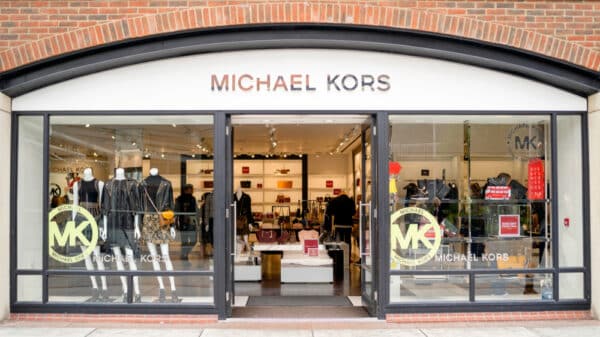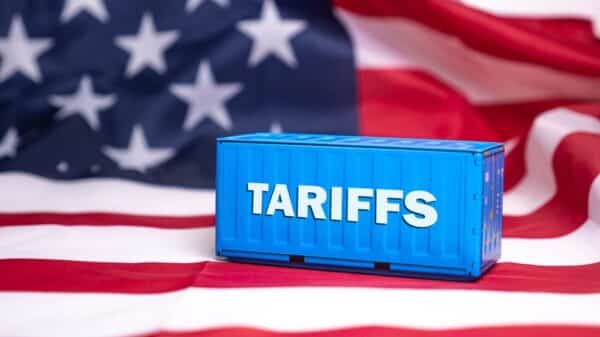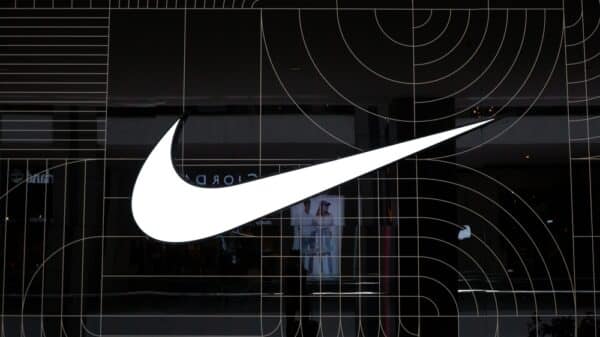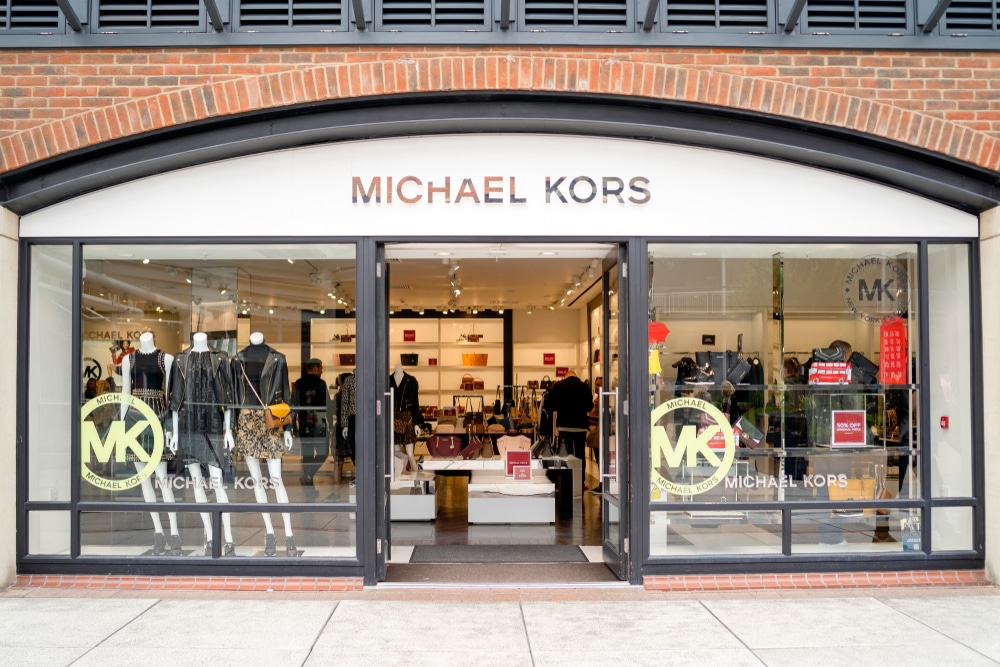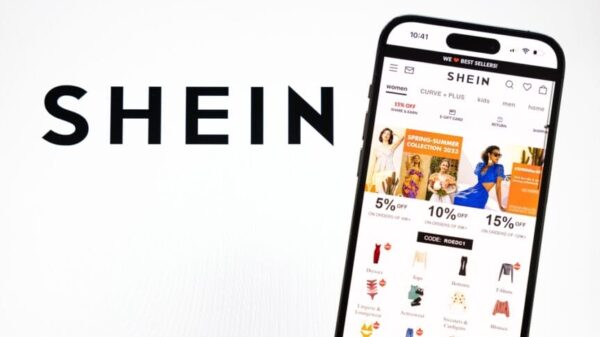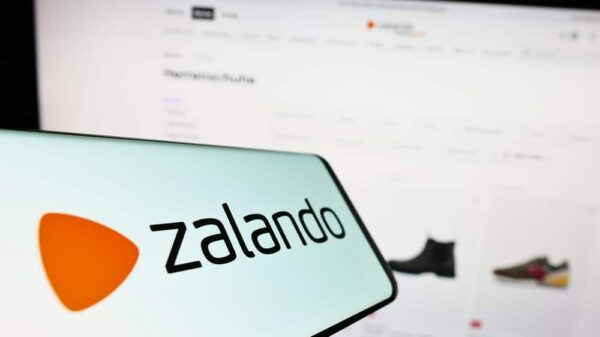While Michael Kors is part of the expansive Capri Holdings, a giant that regularly shares its quarterly results, updates on its specific UK performance are rarer to come by. That’s why the recent filing detailing its accounts for the year ending March 2024 provides a welcome insight. The numbers reveal quite a bit about how the brand is navigating the challenges of the current economic landscape.
The numbers tell a story: turnover decreased from £77.17 million to £70.85 million, and gross profit dropped from £28.6 million to £23 million. Operating profit took a notable hit as well, plummeting from £31.6 million to £4.96 million. However, there is a silver lining: profit before tax actually increased from £40.45 million to £61.18 million, while net profit climbed from £39.7 million to a robust £66 million.
It’s important to contextualize these figures, as they don’t paint the full picture of the brand’s activities in the UK. Operating as a limited risk distributor, Michael Kors UK acts on behalf of the brand under an intercompany distribution agreement with Michael Kors (Switzerland) GmbH. This means that while the UK arm focuses on sales and marketing initiatives, the Swiss parent company shoulders the commercial risks. Operating expenses are covered through a mark-up structure based on net sales, and any necessary funding is also managed by the Swiss entity.
The drop in revenue aligns with the prevailing cost of living crisis, which has undeniably dampened consumer enthusiasm. In response, the company has been taking a closer look at its retail strategy, moving toward consolidation. This includes the tough decision to close its concession in Harvey Nichols, as well as stores in Newcastle, Milton Keynes, and Manchester. Furthermore, it plans to close its Regent Street pop-up as it transitions to a new flagship location set to open this summer.
As a result of these changes, Michael Kors anticipates a further decline in sales of around 20% for the current fiscal year (FY25). In an effort to stay competitive and respond to consumer sentiment, the brand is also looking at reducing prices in the near future. It’s clear they’re listening to shoppers, aiming to adapt strategically to better meet their needs.
Despite these challenges, the company remains profitable in the UK. They understand that ongoing macroeconomic factors will continue to impact consumer spending, but they’re committed to refining their approach. Notably, while consolidating retail presence, they’re simultaneously broadening their e-commerce capabilities. This dual focus aims to bolster profitability now and in the future.
This financial report from Michael Kors arrives shortly after similar figures from another Capri Holdings brand, Versace UK, which also reported a downturn in turnover, dropping from £23.8 million to £19.2 million. Their profit before tax saw a decrease as well, hovering just below £113,000, down from almost £315,000, while the dip in net profit was relatively minor—from £398,777 to £382,397.







